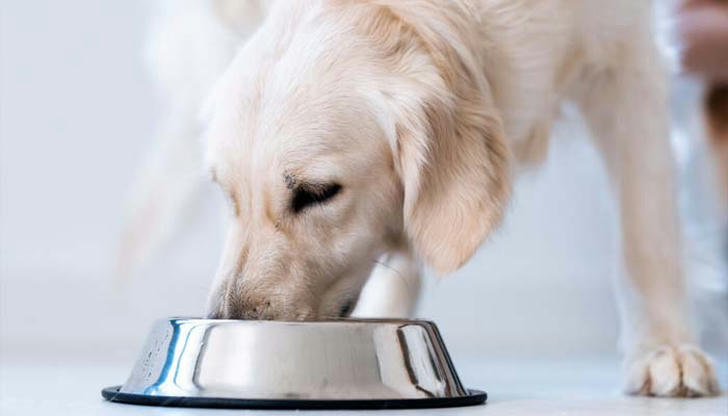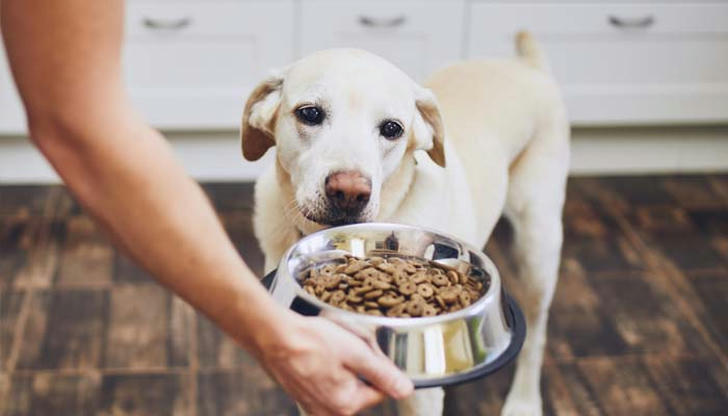Nutritional Needs Across Different Life Stages: A Comprehensive Guide for Pet Owners
Understanding the nutritional needs of pets is crucial for their overall health and well-being. Just like humans, animals require different nutrients at various stages of their lives. This article explores the specific dietary requirements for puppies, adult dogs, and senior pets, while addressing common questions that pet owners often have.

Puppies: The Foundation of Health
Puppies are in a rapid growth phase, necessitating a diet rich in calories and nutrients. Their energy needs are significantly higher than those of adult dogs. A puppy's diet should include:
High Protein Levels: Essential for muscle development and immune system support, puppies require more protein than adult dogs from high-quality sources.
Calcium and Phosphorus: These minerals are vital for bone development and should be present in higher levels in puppy food.
DHA (Docosahexaenoic Acid): An omega-3 fatty acid crucial for brain and eye development.

As puppies grow, their feeding schedule typically transitions from three to four meals a day to two meals by six months of age. Monitoring their weight and adjusting portion sizes is essential to prevent obesity later in life.
Adult Dogs: Maintenance and Balance
Once dogs reach adulthood (around one year), their nutritional needs stabilize. An adult dog's diet should be balanced and complete, containing all necessary nutrients in appropriate proportions. Key considerations include:
Moderate Caloric Intake: Adult dogs require a balanced diet that maintains their energy levels without contributing to weight gain. Choosing high-quality commercial dog food formulated by veterinary nutritionists is essential.
Essential Nutrients: Adult diets should include adequate protein, fats, carbohydrates, vitamins, and minerals. Regular monitoring of body condition can help ensure that the diet remains appropriate.
Feeding Frequency: Most adult dogs do well on two meals per day, although some may thrive on one larger meal or smaller frequent meals depending on their lifestyle.

Maintaining an adult dog's health also involves being aware of changes in activity level or weight, which may necessitate dietary adjustments.
Senior Pets: Special Considerations
As pets age (generally around seven years for most breeds), their nutritional needs change significantly:
Lower Caloric Density: Senior pets typically need fewer calories to prevent weight gain. Foods formulated for seniors often contain lower fat content while still providing essential nutrients.
Joint Support: Many senior pet foods include supplements like glucosamine to support joint health as aging can lead to arthritis or other joint issues.
Digestibility: Older pets may have more sensitive digestive systems; thus, easily digestible proteins are recommended to ensure they receive adequate nutrition without gastrointestinal distress.

Feeding frequency may vary; while many senior dogs continue with two meals per day, some may benefit from smaller, more frequent meals or even a single daily meal.
Common Questions Addressed
1.How do I know if my pet's diet is appropriate for their life stage?
Monitoring your pet's weight and overall health can indicate if their diet meets their needs. Consulting with a veterinarian provides personalized guidance.
2.What signs indicate my pet may need a dietary change?
Weight fluctuations, changes in coat quality, lethargy, or digestive issues can signal that your pet's nutritional needs are not being met.
3.Are supplements necessary for all pets?
Supplements can be beneficial but are not always necessary; consult with a veterinarian before introducing any supplements into your pet's diet.
4.How can I safely transition my pet to a new food?
Gradually transitioning over 7-10 days by mixing the new food with the old can help prevent digestive upset.
5.What foods should I avoid feeding my pet?
Certain human foods like chocolate, onions, grapes, and avocados are toxic to pets and should be strictly avoided.
6.How important is hydration at different life stages?
Hydration is crucial at all ages; however, older pets may require more moisture in their diets due to decreased thirst drive.
7.What role do carbohydrates play in my pet's diet?
Carbohydrates provide energy and support brain function; however, they should be balanced with proteins and fats for optimal health.
8.How often should I feed my puppy compared to my adult dog?
Puppies typically require more frequent feeding (3-4 times daily) than adults (2 times daily).
9.What is the best way to monitor my pet’s health through diet?
Regular vet check-ups combined with observing physical condition (weight, coat quality) will help ensure your pet’s dietary needs are met.
10.Can I feed my senior dog the same food as my younger dog?
While it’s possible, it's generally better to feed age-appropriate diets tailored to meet the specific nutritional needs of each life stage.
Conclusion

Feeding pets according to their life stage is essential for maintaining optimal health throughout their lives. By understanding the unique nutritional requirements of puppies, adults, and seniors, pet owners can make informed decisions that promote longevity and well-being in their furry companions. Regular consultations with veterinarians will further enhance dietary choices tailored specifically to each pet’s needs as they grow and age.
